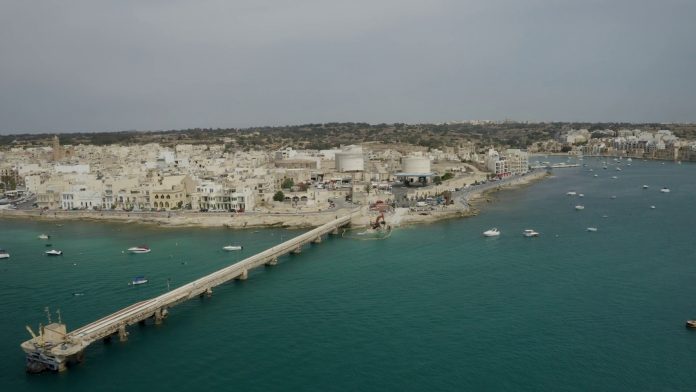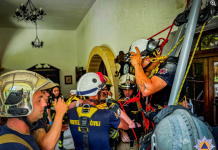The old fuel storage plant in Birżebbuġa, historically known as the 31st March plant, has been officially removed from the list of sites subject to the ‘Control of Major Accident Hazards’ (COMAH) regulations.
This development follows months of work by the company Enemed, which is now operating from its new plant in Ħas-Saptan, where all fuel is now stored in underground tanks. Over the past months, Enemed engaged in a thorough process to empty and clean the tanks along different phases. The tanks were emptied, cleaned of petrol and diesel residues, and the bottom stock removed.
Tanks were then inspected and certified as being gas-free. During this phase, the system of pipes connecting the tanks to each other and the system connecting the plant to the pier at Birżebbuġa and the Dolphin of Marsaxlokk were dismantled to isolate the plant completely. This phase is important as it reduces the risk of contamination in any form.
Experts were then brought in to inspect the plant and confirm that the site could now be removed from the list of sites considered to fall under the COMAH regulations, and therefore can no longer operate for fuel storage. The European Commission was also informed of this development via the Seveso Plants Information Retrieval System (eSPIRS).
Now that Enemed has completed all activities related to this plant, the site has been handed back to Enemalta to begin the dismantling. Enemalta is currently going through the planning application process to obtain the necessary permits for the tank removal works.
After Enemalta completes its work related to the plant, Project Green can begin preparations to regenerate the Pont tax-Shell area. This project, announced by Minister for the Environment, Energy, and Regeneration of the Grand Harbour Miriam Dalli, will restore the 180-meter-long bridge for residents’ use.
As part of this project, a new structure of approximately 1,500m² will be built, serving as a pedestrian area. Access to the sea will be restored with a deck and stairs, to enhance accessibility and safety for swimmers while protecting the marine environment.
Photo: MEER










